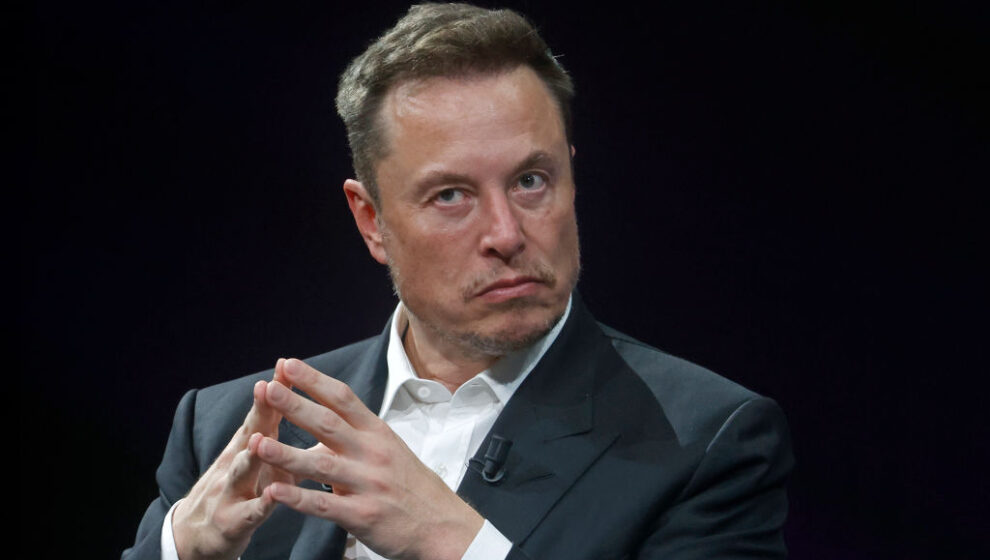Twitter/X.com has allegedly added a five-second delay when you click on links that Elon Musk does not like.
Key Details
- On Tuesday, The Washington Post reported that links to The New York Times, Reuters, Substack, Instagram, Facebook, or Blue Sky were experiencing a five-second delay when clicked.
- X.com appeared to redirect links to the t.co domain, a service that shortens website addresses and allows tracking. The company allegedly slowed access to targeted websites.
- Links to The Washington Post, Fox News, and YouTube appeared unaffected by throttling, according to The Post’s analysis.
- The throttling appeared to rapidly disappear after The Post’s reporting, with representatives from the social media platform not answering requests for comment.
Why It’s Important
A key factor in Elon Musk’s purchase of Twitter last October was his concern that the website was being disabused at the experience of free speech. He described himself as a “free speech absolutist” and proceeded to unban multiple prominent accounts that the prior Twitter owners had blocked, including former President Donald Trump.
Unfortunately, Musk has proven to be willing to use his power over the company with poor discretion. He banned multiple journalist accounts in December for retweeting flight logs of his private jet and has berated his critics—including mainstream media outlets like The New York Times—as “propaganda” and “diarrhea.”
While a five-second delay may not sound substantial, it can have a severe effect on user traffic and advertising revenue. One 2016 Google study found that 53% of internet users will abandon a website link if it takes more than three seconds to load, which could severely affect access to sites when clicked on from Twitter/X.com.
Notable Quotes
New York Times spokesperson Charlie Stadtlander released a statement on the matter, noting that the newspaper has independently “made similar observations of our own” regarding X.com delays. “While we don’t know the rationale behind the application of this time delay, we would be concerned by targeted pressure applied to any news organization for unclear reasons,” he says.
Substack’s co-founders Chris Best, Hamish McKenzie, and Jairaj Sethi also gave a statement to The Washington Post, saying, “Substack was created in direct response to this kind of behavior by social media companies. Writers cannot build sustainable businesses if their connection to their audience depends on unreliable platforms that have proven they are willing to make changes that are hostile to the people who use them.”
